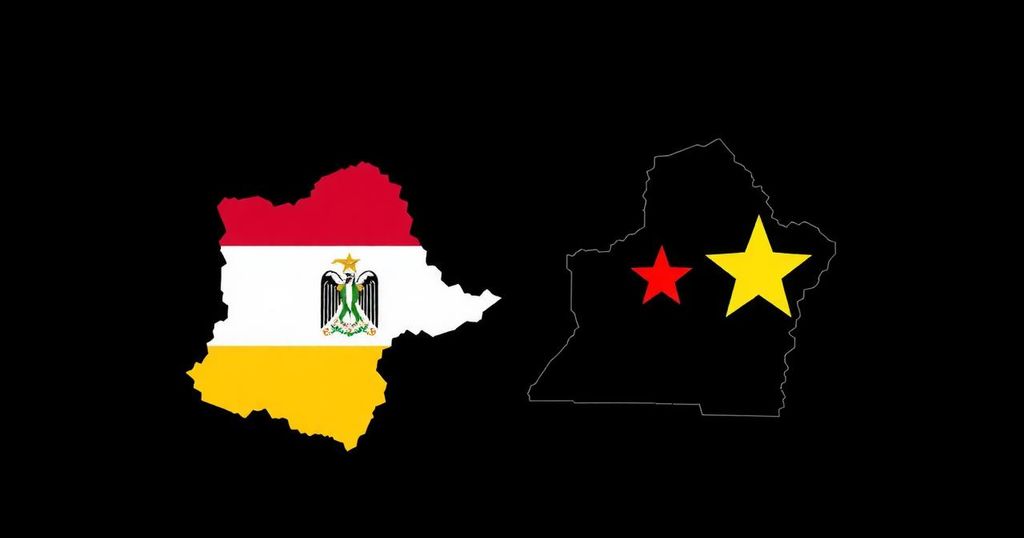Ethiopia and the Egypt-Somalia Alliance: A Shift in Regional Dynamics
In recent developments within the Horn of Africa, Ethiopia is experiencing heightened anxiety due to the recent alliance established between Egypt and Somalia. This partnership not only reveals longstanding insecurities but also amplifies the prevailing power dynamics within the region. Ethiopia’s leadership has exhibited signs of distress in response to this unprecedented collaboration, raising crucial questions about its implications on regional stability and security.
The alignment of Somalia with Egypt signifies a transformative moment in the geopolitical landscape of East Africa. Once a passive participant, Somalia is now asserting itself as a significant actor, demonstrating an understanding of its strategic position. The military agreement potentially involving the deployment of up to 10,000 Egyptian troops to Somalia by the end of this year exemplifies Somalia’s strategic maneuvering. This alliance poses a formidable challenge to Ethiopia’s long-held dominance in the region, as Ethiopia has typically exerted considerable influence over its neighbors, particularly Somalia.
Central to Ethiopia’s apprehension is its historical mistrust of Egypt, characterized by a contentious history surrounding the Nile River. The ongoing conflict concerning the Grand Ethiopian Renaissance Dam (GERD) reflects a deep-rooted rivalry, with Ethiopia striving to utilize the Nile’s waters for developmental purposes, while Egypt views these initiatives as direct threats to its water security. Consequently, Ethiopia perceives any Egyptian military or political engagement in Somalia not merely as a regional stability concern but as a potential encirclement strategy aimed at diminishing its influence in ongoing Nile negotiations.
Ethiopia’s increasing unease is ignited by the fear of losing its traditional sphere of influence. The somber reality is that Ethiopia has played a proactive role in supporting Somalia’s internal security efforts against Al-Shabaab, yet Somalia’s recent demand for Ethiopia to withdraw from a controversial port deal with Somaliland signifies a pivotal turning point. Somalia’s insistence on this withdrawal highlights its pursuit of sovereignty and assertiveness, challenging Ethiopia’s previous control and influence over the region’s geopolitics.
Furthermore, Ethiopia is cognizant of the implications Egyptian involvement in Somalia could have domestically, as it may embolden opposition groups within Ethiopia. Previous accusations suggesting Egyptian support for dissenting factions add another layer of complexity to this geopolitical landscape.
An equally significant concern is the dynamic intertwining with Somaliland, which Ethiopia has traditionally considered a strategic partner through its recently signed 50-year lease agreement to establish a naval base. Somalia’s rejection of this agreement as an infringement on its territorial integrity complicates relations and underscores the shift in allegiance and assertiveness emerging from Mogadishu.
From Egypt’s perspective, this alliance serves as a strategic countermeasure to Ethiopia’s ascent in the region amidst the ongoing disputes concerning the GERD. An alliance with Somalia facilitates Egypt’s establishment of a strategic presence in the Horn of Africa, while Somalia stands to gain from military support and potential economic benefits. Both nations exhibit an intent to redefine their roles within the regional power structure, actively engaging in diplomacy to bolster their national interests.
In conclusion, the emergence of Somalia as a significant player through its alliance with Egypt has positioned Ethiopia defensively, forcing its leadership to reckon with an evolving reality where it is no longer the unchallenged hegemon. The challenge for Ethiopia is to adapt to this new geopolitical environment rather than cling to outdated notions of dominance. Embracing a cooperative approach, recognizing Somalia’s sovereignty, and fostering mutual respect may prove essential for establishing stability in the Horn of Africa. Such a paradigm shift necessitates a commitment to inclusiveness and collaboration, steering away from the long-standing practices of fear and suspicion toward a future ripe with opportunities for collective prosperity.
By engaging in discourse that fosters a spirit of partnership with Somalia, Ethiopia can pave the way for a more stable and equitable regional framework, thus shaping a more secure future for all stakeholders involved.








Post Comment